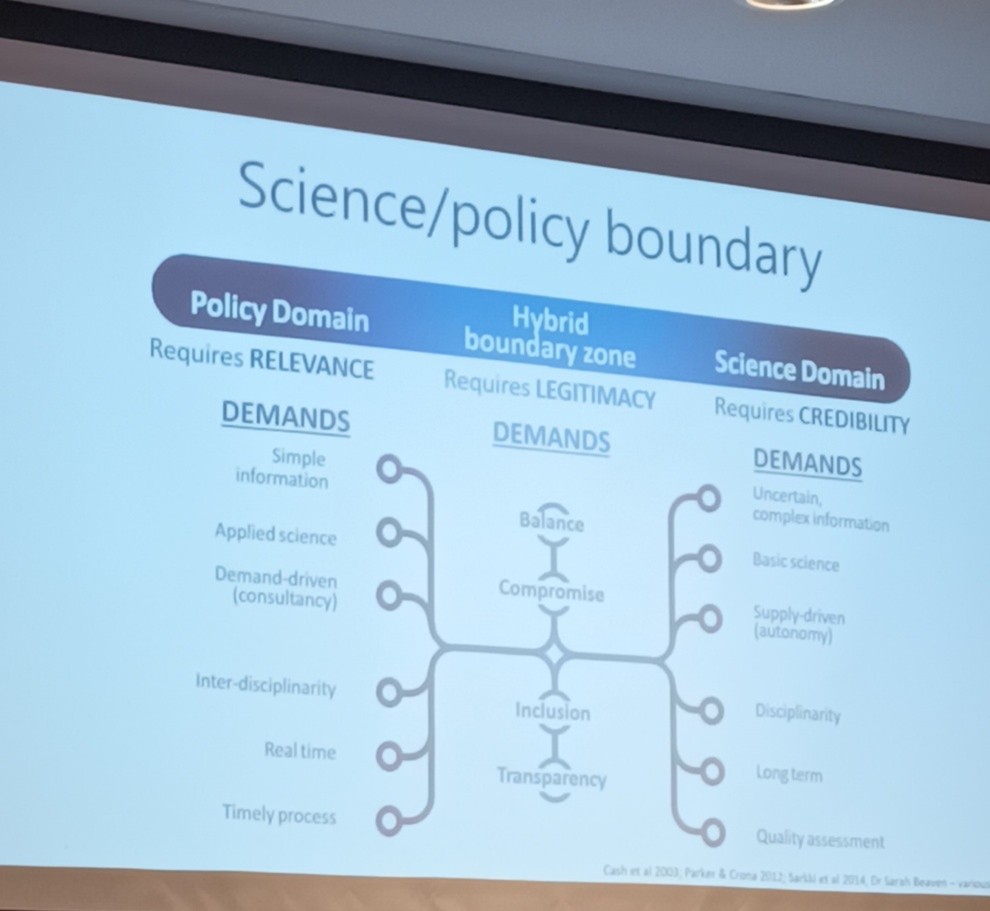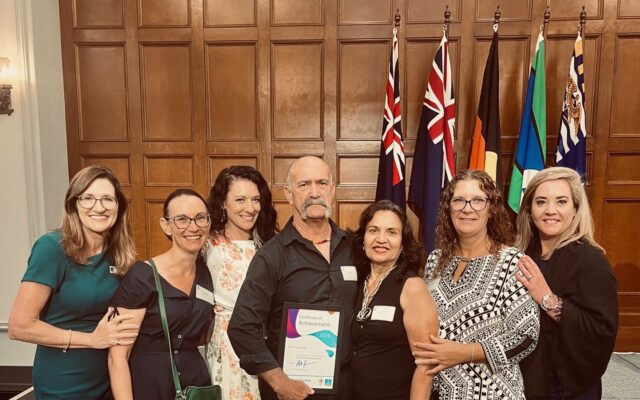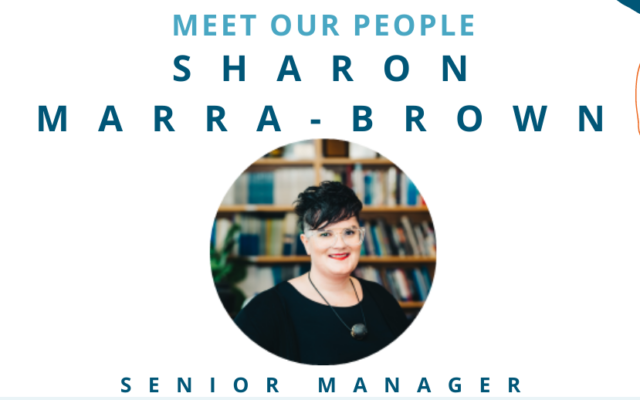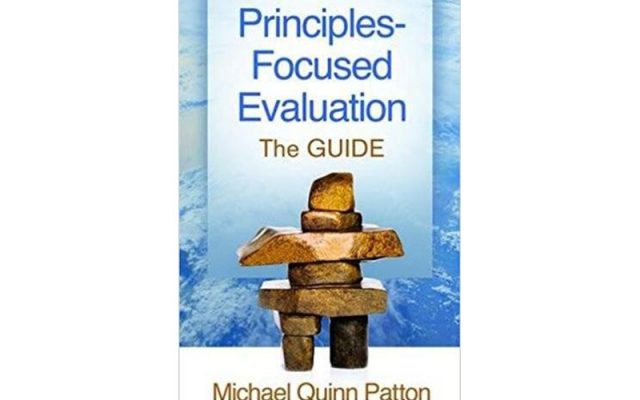
Research and evidence informed decision-making: lessons from the Queensland Disaster Management Research Forum
I always gain so much when I have the opportunity to take some time out and learn from practitioners. Last week’s Queensland Disaster Management Research Forum, held by the Office of the Inspector-General of Emergency Management (IGEM) in Brisbane was no different. Given our team’s focus on evaluations in the disaster recovery and resilience, environmental management, health and mental health sectors, there was plenty to ponder in the many short and sharp presentations as well as in the poster presentations.
A key thread running throughout the Forum that stood out to me was the need to improve the use of research and evidence in government decision making around disaster management, as well as the wealth of strategies speakers offered to influence this.
The day kicked off with a fantastic keynote from Dr Thomas Wilson, Chief Science Advisor of New Zealand’s National Management Agency with some lessons about how science can support emergency management, and the need for balance, compromise, inclusion and transparency when working in the zone where policy and science meet.
 Photo description: Photo of Dr Thomas Wilson’s slide describing the need for balance, compromise, inclusion and transparency when working in the hybrid boundary zone where policy and science meet.
Photo description: Photo of Dr Thomas Wilson’s slide describing the need for balance, compromise, inclusion and transparency when working in the hybrid boundary zone where policy and science meet.
His key strategies for improving links between the scientists, researchers and government decision-makers were:
- defining specific potential scenarios to make risk planning accessible for multi-disciplinary professionals to engage with
- using probabilities of past disasters compared with probabilities of potential disasters when communicating to decision makers the necessity of investing in modelling, planning, and preparing
- using cross-disciplinary governance arrangements such as Science Working Groups for specific disaster types (e.g. a Tsunami working group), to advise government decision-makers as disasters are happening
- using flexible ways of integrating expertise when it’s needed most through a ‘Science Desk’ of available researchers and data analysts to whom the government can task out analysis of incoming data, to help inform decision-making.
A panel discussion continued this theme. Panelists emphasised:
- the need to build relationships of trust with key decision-makers and their inner circle of trusted advisors
- the importance of continuing to build capability and access to information for communities so they can advocate to their local members for planning and investment beyond political cycles
- the need to translate community level practices and lessons into research and for governments and practitioners
- the difficulty of having the right people in place to translate research and evidence into practical insights that can support decision makers during pressured disaster circumstances.
The Forum provided some great insights, and I’m appreciative of the IGEM’s ongoing commitment to bringing disaster researchers and practitioners together to learn and share in Queensland!




